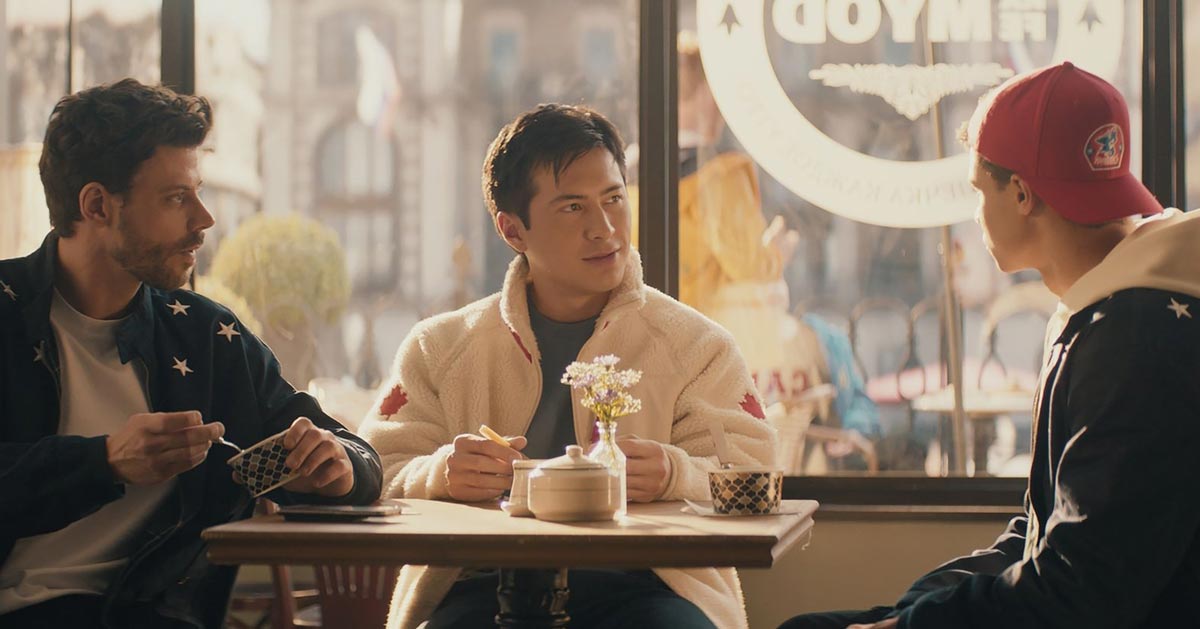Nearly five years ago, Kendall Jenner’s Pepsi peace offering made us collectively cringe. If you haven’t seen it (and you probably saw it), it was the brand misfire heard around the world. A shiny celebrity. A community in pain. A brand signaling its virtue by positioning itself as the solution.
In the years since, we’ve seen lots of anxiety among brands over fears that they could be the next on the chopping block, but few meaningfully do better.
Some have gone ahead and followed in Pepsi’s cringe-y footsteps, with flat or stereotypical messages that don’t just not help, they do real damage.
For most, general language and non-specific commitments have felt safest. The stakes for getting wrong loom large. So: “We stand with you;” “Let’s come together” it is.
In the midst of all this though, as is so often the case, a few lead the way – with campaigns that inspire, investments that matter, and commitments that mean something. And in their model, we see the glimmer of what brand “purpose” could actually be.
The Power of Brands Getting It Right
Consider Sephora, for example, who answered 2020’s racial reckoning call with a stark look in the mirror, and a determination to make beauty and retail a safer, juster, more inclusive space. Early this year, they released a major study on the problem of bias in retail stores.
In August, they became the first major retailer to adopt the 15% pledge — a commitment to devoting 15% of their total shelf space to Black-owned brands.
Along the way, they’ve created moving testimonials that elevate the roots of beauty in this country. If you haven’t seen the Black Beauty is Beauty campaign, give it a watch.

Efforts at P&G trace even further back and follow a similar playbook: one that begins with a brand identifying its locus of control, and leveraging its unique influence to make change.
In March of 2021, P&G launched its Widen the Screen campaign: an effort to call attention to bias and inequality in advertising and media. As one of the world’s biggest advertisers, the company recognized its potential to change the landscape, and is now setting about doing so.
Unsurprisingly, the starting point for campaigns like this is meaningful commitment – a genuine desire to do what’s right. Notably though, that commitment is also just the starting point.
The last year and a half is littered with well-intended ideas or would-be-efforts that yielded, well, not much.
To move into the realm of impact requires investment, and it often begins with listening. The same way brands make extraordinary investments in understanding what flavors, packages, and features consumers want, they need tools to understand what communities want: how to affirm, invest and leverage influence to address long-standing gaps in representation, consideration, and inclusion.
When commitment collides with this kind of curiosity and exploration, the potential for impact unlocks.
Gauge is a platform for leading cultural voices to share perspectives to help brands shape campaigns that matter. And, as Gauge’s co-founder and CEO, I have seen this first-hand.
The approach centers on advanced technology and a simple idea: Ask people who know communities and issues best how best to support those communities and issues. Listen well.
Voices Changing the Narrative
Every day, in a culture that traffics in misunderstanding, we’re seeing meaningful connections get made. Voices like April Reign, founder of #OscarsSoWhite, helping Pinterest shape more inclusive search tools.
David Johns, Executive Director of the National Black Justice Coalition, and Cecilia Chung of the Transgender Law Center, giving direct input on how some of the country’s biggest brands should think about engaging the LGBTQ+ community – not just during Pride, but all year long.
And Kelsey Lindell, a disability DEI strategist who is helping ensure people with disabilities are represented in a fair and honest way.
And as these connections spark, “we stand with yous” gets bumped for meaningful action: the kind that can make a person feel downright optimistic.





